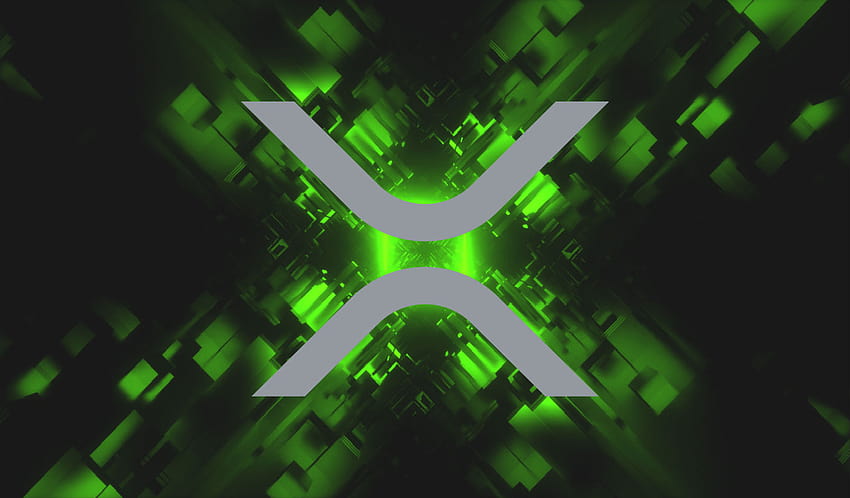Bitcoin Updates: International Investors Access Telecom-Supported Bitcoin Investments Through PTS' Licensed Mining Notes
- PTS, a Japan-based telecom infrastructure firm, launches Pivotal Mining Note (PMN), the first Japan-origin digital security backed by Bitcoin mining infrastructure. - PMN offers accredited investors structured Bitcoin exposure via real mining operations, with stablecoin subscriptions and institutional-grade reliability leveraging PTS's telecom expertise. - The product, issued via U.S.-regulated platform Republic, aims to democratize institutional Bitcoin mining access while mitigating volatility through
Pivotal Trend Service (PTS), an infrastructure company based in Yokohama with a background in Japan’s telecommunications industry, is preparing to launch the first digital security from Japan that is backed by
Unlike speculative or synthetic products, the PMN is underpinned by actual mining infrastructure. Over a three-year period, investors will receive Bitcoin mined through institutional-grade operations, with direct payouts and the ability to invest using stablecoins such as

PTS CEO Doer Qu described the PMN as “a new category of Bitcoin investment—anchored in tangible infrastructure, compliant by design, and intended for a worldwide audience.” He emphasized that the partnership with Republic enables “the transformation of institutional mining operations into tokenized investment products” accessible to both individual and institutional investors, as previously reported. This launch demonstrates PTS’s 2024 shift from telecom engineering to blockchain infrastructure, applying its technical know-how to the management of professional Bitcoin mining, as earlier coverage has shown.
Republic, which runs a comprehensive private investment platform for digital assets, will oversee both the initial offering and secondary trading of the PMN. With a presence in over 150 countries and a community exceeding three million, the platform is well-positioned to attract a diverse range of investors. Republic’s involvement highlights its experience in broadening access to alternative investments, such as venture capital, private equity, and pre-IPO opportunities, as previously reported.
The introduction of the PMN marks a significant milestone in Japan’s digital asset landscape, moving beyond conventional financial exports like equities and bonds to include blockchain-based investment products. By structuring the product under U.S. regulations, PTS aims to ensure compliance while maintaining global accessibility, allowing for secondary trading and expanding investor participation, as noted in earlier reports. This strategy reflects the growing popularity of stablecoin-backed and regulated digital securities, meeting investor expectations for transparency and operational reliability.
For PTS, the PMN supports its goal of delivering secure and transparent investment opportunities in the digital space. The company’s background in providing essential telecom services to major carriers positions it to offer dependable infrastructure for Bitcoin mining, a field increasingly under scrutiny for its energy use and operational challenges. At the same time, Republic’s participation adds institutional credibility, leveraging its expertise in legal and technological innovation.
The launch of the PMN is anticipated to draw considerable attention in Japan’s digital asset sector, which has been cautiously adopting regulated blockchain solutions. By presenting a structured, long-term investment option, PTS and Republic seek to appeal to those interested in systematic Bitcoin accumulation without the need for hardware management or market timing. This development also underscores the merging of traditional infrastructure expertise with blockchain technology, pointing to a trend toward institutional-quality digital asset products.
Disclaimer: The content of this article solely reflects the author's opinion and does not represent the platform in any capacity. This article is not intended to serve as a reference for making investment decisions.
You may also like
Analyst Says This XRP Level Is Keeping Downside Pressure In Check

daGama Collaborates With WORLD3 to Enhance AI-Powered Digital Ecosystems
Bitcoin’s Deep Plunge Continues: What to Expect Next? Analysis Firm Releases Hot Report
Ethereum Foundation Proposed Three Solutions for One of ETH’s Biggest Problems